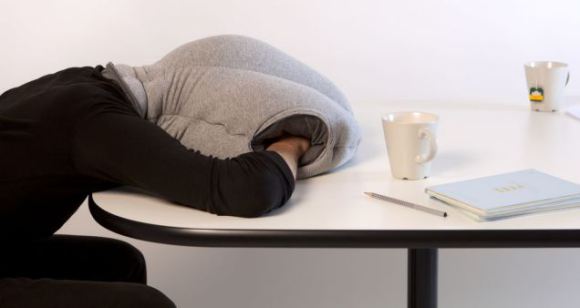 “But here’s the trick of the coffee nap: sleeping naturally clears adenosine from the brain. If you nap for longer than 15 or 20 minutes, your brain is more likely to enter deeper stages of sleep that take some time to recover from. But shorter naps generally don’t lead to this so-called ‘sleep inertia’ — and it takes around 20 minutes for the caffeine to get through your gastrointestinal tract and bloodstream anyway.”
“But here’s the trick of the coffee nap: sleeping naturally clears adenosine from the brain. If you nap for longer than 15 or 20 minutes, your brain is more likely to enter deeper stages of sleep that take some time to recover from. But shorter naps generally don’t lead to this so-called ‘sleep inertia’ — and it takes around 20 minutes for the caffeine to get through your gastrointestinal tract and bloodstream anyway.”
Citing various recent research, Vox’s Joseph Stromberg extols the benefits of the coffee nap. “So if you nap for those 20 minutes, you’ll reduce your levels of adenosine just in time for the caffeine to kick in. The caffeine will have less adenosine to compete with, and will thereby be even more effective in making you alert.” And just imagine how much more fulfilling a Red Bull-Guinness-Coffee-Nap would be.


